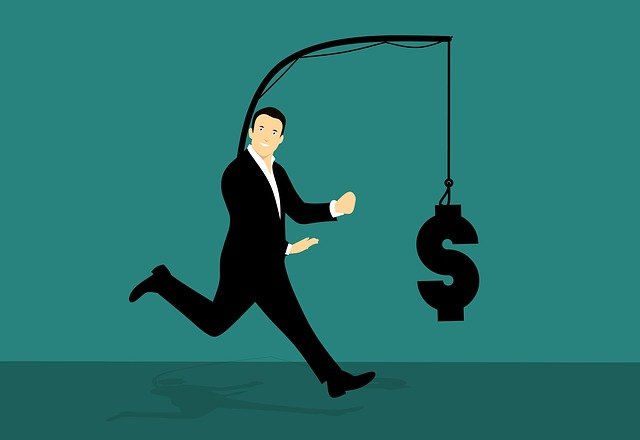You probably spend a few years studying economics and of course cram for almost all of your exams. Right now, you might have forgotten most of the things you learned. However, you shouldn’t forget the 6 money traps that are based upon behavioral economics. These are Money traps or mistakes that you make every single day without realizing it. The most effective financial decisions can be made possible if you understand this money traps very well.
Why do you fall into these money traps?
As a human, you are not always rational because you have emotions and feelings. At the same time, not all information is available to you when you need them. Even if you do have access to all of the information you need, there is a tendency that you will not make the right financial decisions. The reason is that you are not perfect, and almost all of us are guilty of the money traps that we will be discussing today. By the time you are done reading, you will be able to improve yourself and it’s worthy self-improvement.
Limited Squares
If you think of your cognitive abilities as three empty squares, each square representing something you can focus upon at any given time. Every time you worry about something, for example, a due bill, you limit your ability to focus on other things. You become prone to a scarcity mindset every time each square fills up. This reduces your cognitive abilities to solve problems and retain information. Unfortunately, you become more Impulsive and prone to making financial mistakes. If you have any emotional or financial constraints, you’ll notice that you tend to have cognitive limitations(limited squares).
Read Also: 7 things you should do with your money once you get paid.
Indeed, a scarcity mindset leads to anxiety and can affect your finances negatively. You can resolve this scarcity mindset problem by giving yourself a break. The reason is that you can’t increase the number of squares that you have but the things that are taking up your mental space can be cut out. To stop being obsessed over every last penny, you need to start building your emergency funds and taking control of your finances.
Now for those people who do not have enough money to live upon and then save, the next form money traps is for you, read on.
The obscure
Everything in life has a cost, a hidden price, called the opportunity cost. The fact that you have absolutely no idea about these costs gives rise to those financial mistakes you make unknowingly. The moment you buy something, your money leaves your pocket, so you must make proper buying decisions. The money you used to buy a 5000 dollar burger as treats could have been used for vacation, investment, or buying assets. Once you have already spent it, you miss out on any opportunity to make profits with your money. The number of dollars you spent on liabilities cost you lots of money you would have earned in the long run if you had invested them instead.
The settled Money trap
When you settled for something just because you’ve already spent a ton of money on it, you are living a sunk cost fallacy. If you don’t like a movie you paid for, why do you wait till the end thinking you are getting the value of your money back? You aren’t. You are just wasting the time you would have used elsewhere for better and productive things.
Read Also: 4 wealth building strategies to grow your money faster
It applies to the job you hate too. When you are supposed to move jobs you keep thinking of the years you spent on that job and decide to stay instead of leaving. This is where the idea of opportunity cost comes in again. What would you have done with the extra time if you didn’t wait to finish the movie, or continue with your job? Stop attaching value to things that aren’t worth it just because you already invested time or money in them.
The Exchange
Transaction utility, the usage of a huge red ink next to a product on sale. It’s a psychological trick that companies use to exploit and lure you into wasting your money. Your perception of a good deal is reflected in the things you buy. The moment you begin to believe that you are saving some money off a purchase, you are always likely to buy it. However, it’s a money trap anytime discounts convince you to make a certain purchase. A purchase of something you later realize you didn’t need….. Pathetic.
The cognitive Count
Mental accounting is a form of budgeting where you separate your money into different buckets, and track your spending instead of spending from one big pool. The fallacy of mental accounting is what makes you categorize money into different buckets with different values. This makes you overvalued and undervalued certain ones. Mental accounting makes you prone to making rational decisions, and it compounds bad and wasteful spending (money traps).
Postponement
The biggest money traps you are falling into is this one here. If you can control your impulses for instant gratification and wait for more and bigger rewards, you’ll be financially successful. Successfully reaping the long-term benefits instead of reaping the short-term rewards is a good money habit, learn it.
Conclusion
We are all rational Human beings, and everyone one of us does fall into these money traps too. The difference between most people is the decision to limit how much of these mistakes they make with their money. They try to improve daily. You should do the same.




I was more than happy to discover this web site. I wanted to thank you for ones time for this fantastic read!! I definitely loved every part of it and i also have you bookmarked to look at new things in your site.